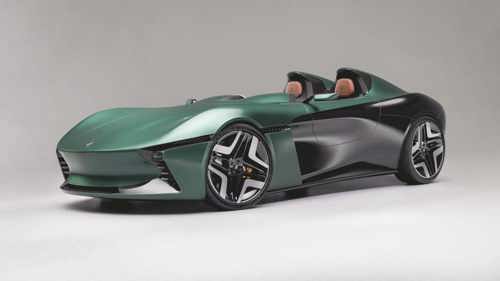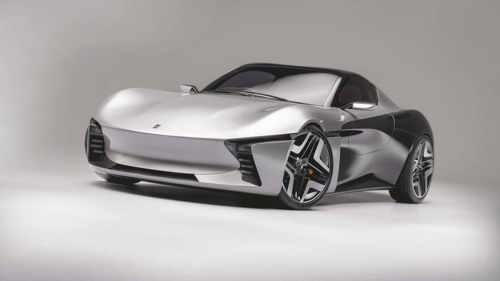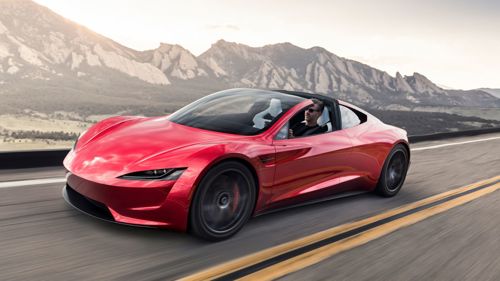The electric revolution has been transformative, but lightweight, driver-focused sports cars have been left behind in the process.
Enter Longbow, a new UK-based automaker aiming to change that with two ultra-lightweight EVs: the Speedster and the Roadster.
Set to debut in 2026, these models promise to bring back agility and engagement in a segment dominated by heavy battery packs and high-tech complexity.
Redefining lightweight

Longbow’s ethos revolves around minimising weight without compromising electric performance.
The company’s goal is to keep the Speedster under 1000kg, specifically targeting 895kg, while the Roadster will weigh slightly more at 995kg. To put that in perspective, these cars will be lighter than a Mazda MX-5 - an impressive feat for EVs.

The lightweight aluminium chassis will be developed in-house, pairing with compact electric motors and battery technology.
While technical specifications remain scarce, Longbow estimates a 0 to 100 km/h sprint in under four seconds and a range of approximately 440km (WLTP). Pricing starts at £84,995 (around NZ$190,400) for the Speedster and £64,995 (NZ$145,600) for the Roadster, placing them in the high-end sports car bracket.
Industry vets at the helm

Longbow isn’t just another startup with lofty promises.
The company is spearheaded by automotive heavyweights with extensive experience in EVs and performance engineering. CEO Daniel Davey, a former Tesla executive, played a role in the launch of the Model 3. Mark Tapscott, another co-founder, has worked at Tesla, Lucid and BYD, while Jenny Keisu, the third co-founder, previously led electric boat manufacturer X Shore.
Davey believes modern sports cars have lost their way, weighed down by excessive mass and complexity. “Many modern ‘sports cars’ tip the scales at 1500 kg, and BEVs can reach almost double that. There is a need for a more driver-oriented, featherweight electric sports car - one that is attainable and accessible, for those who love driving and the places it takes them,” he said.
Taking the fight to Tesla

Longbow’s Roadster name is a deliberate jab at Tesla, whose second-generation Roadster has been perpetually delayed since its 2017 unveiling. “A lot of customers have put deposits down for a Roadster they can’t get,” Davey told Top Gear. “If people want to get their $250,000 (NZ$431,800) deposit back and put it into something better, they’ll get one sooner with us.”
This bold stance emphasises Longbow’s confidence, but history shows that EV startups often struggle to reach production.
While the company has an experienced team, the road from prototype to production is notoriously difficult. Longbow has set itself an ambitious task, but if it succeeds, it could redefine electric performance.
Will Longbow deliver?

Reservations are already open, with only 150 units of each model planned for production. Special editions such as the Luminary 1st Edition and Autograph Edition will be even rarer, with 10 and 25 units respectively.
While Longbow’s promises are enticing, the EV industry has seen numerous ambitious startups fail before reaching the market.
Whether this British newcomer can carve out a sustainable niche remains to be seen. But if it does, the Speedster and Roadster might just end up being two of the sleekest (and lightest) sports cars of the EV age.










